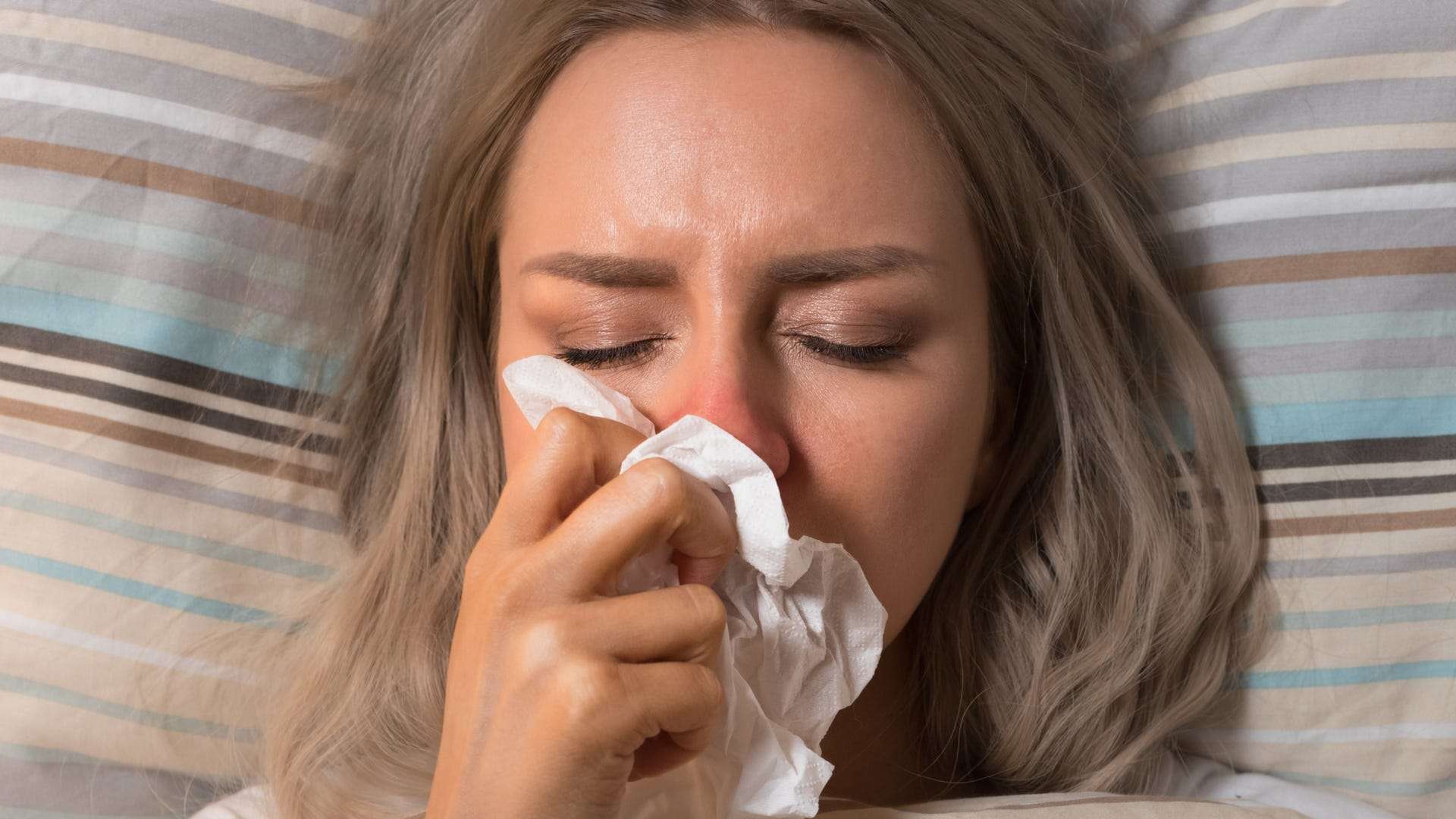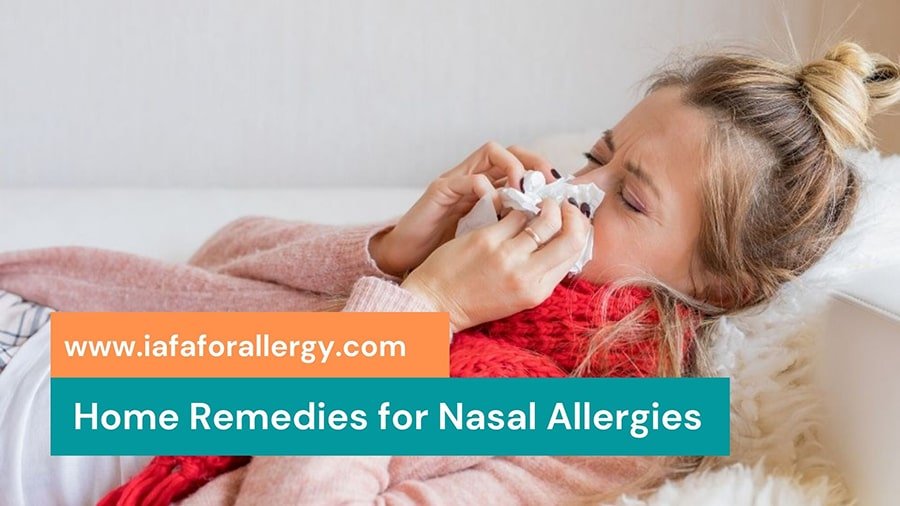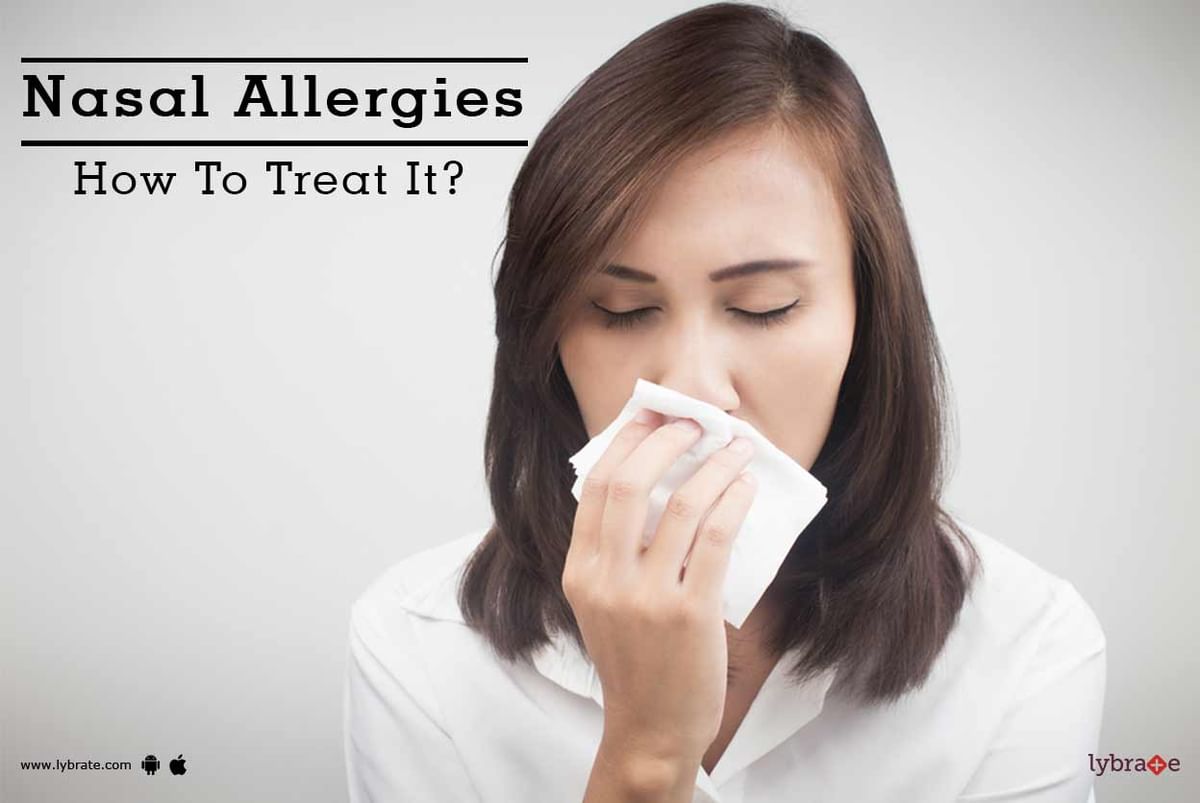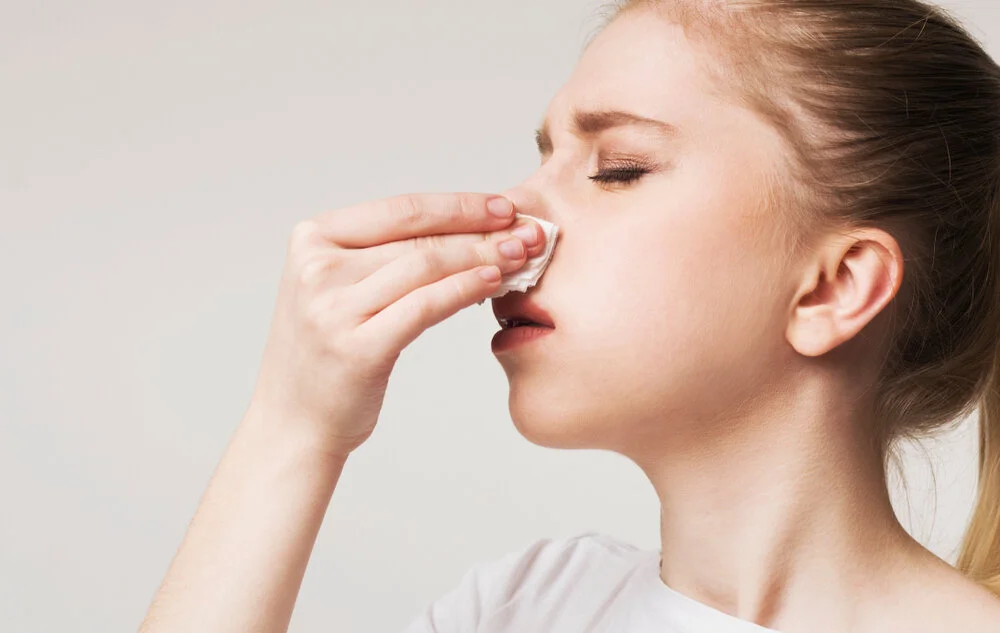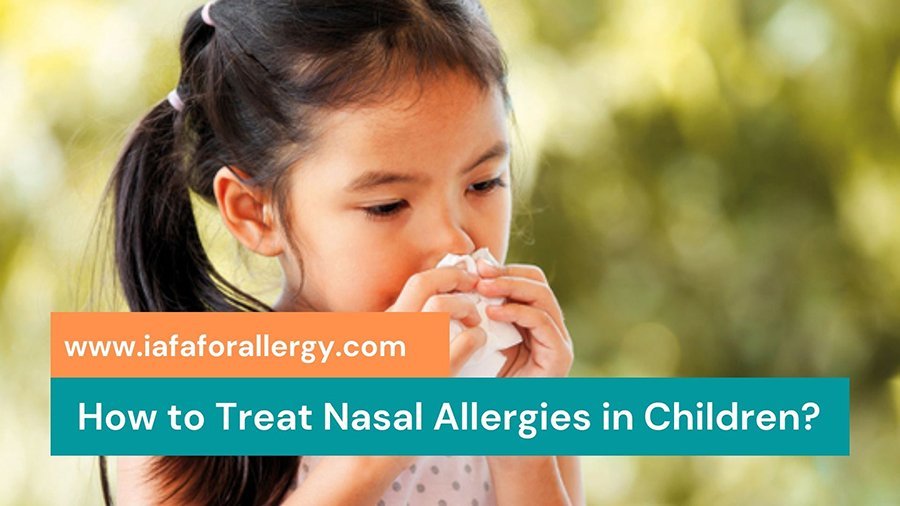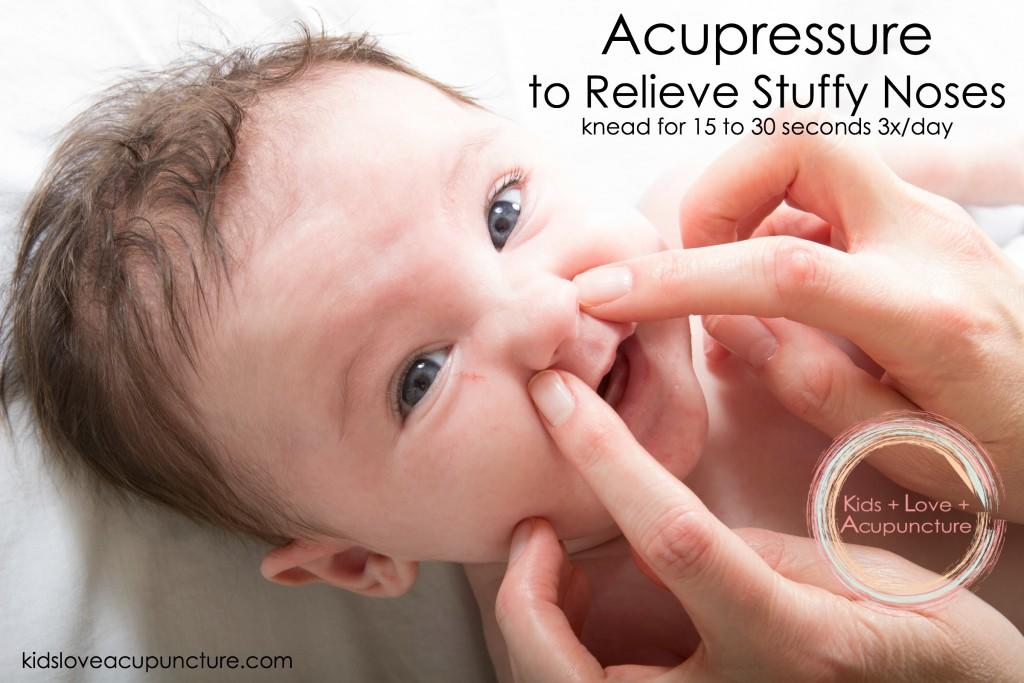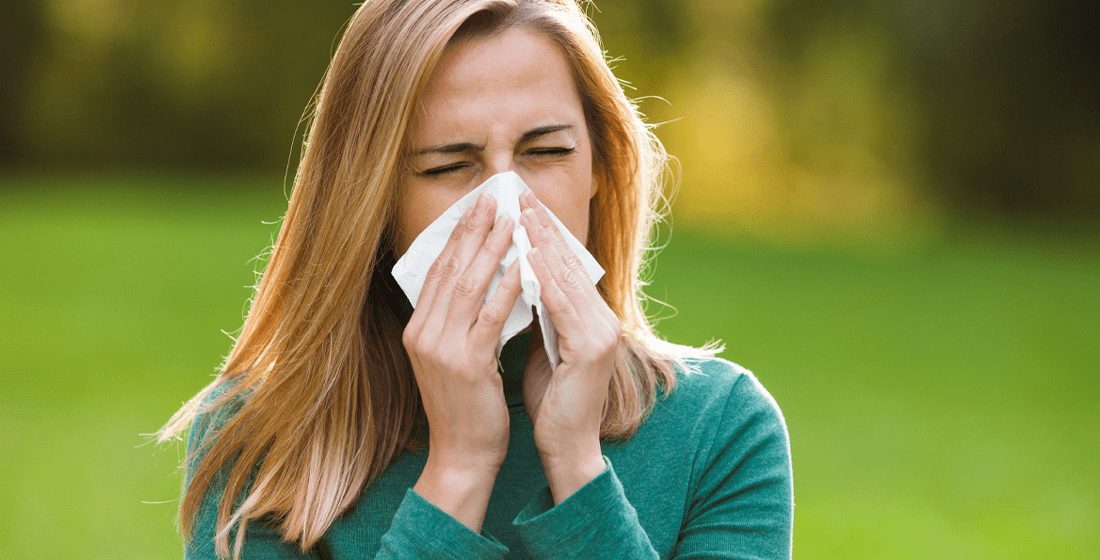Real Info About How To Treat Nasal Allergies

Has nasal allergies, or allergic rhinitis.
How to treat nasal allergies. Salt water sprayed into the nose many times a day rinses the inside of the nose. It can be challenging to breathe depending on the season, which can be especially problematic for those with. Steam from a shower may help to thin out the.
When this is not possible or realistic, using antihistamines or decongestants when in contact with allergens can help to treat the symptoms. Use a humidifier or vaporizer (and keep it clean). A stuffy, runny or itchy nose.
This helps reduce inflammation and relieves symptoms such as sneezing, itching and runny. How to get relief from allergies: Management, prevention, and treatment by angelica bottaro updated on november 13, 2021 medically reviewed by daniel more, md table of contents view all what are allergies?
These often improve with saline nasal irrigation — rinsing out the sinuses with a salt and water solution. Decongestants reduce congestion, but it’s not recommended to use them longer than three days. Rinsing directly flushes out mucus and allergens from your nose.
Examples include fluticasone (flonase allergy relief, flonase sensimist allergy relief, others), budesonide (rhinocort allergy), mometasone and beclomethasone (beconase aq,. If you have frequent or persistent symptoms and you have a nasal blockage or nasal polyps, your gp may recommend a nasal spray or drops containing corticosteroids. Some allergy symptoms improve with home treatment.
Nasal and sinus samples. This will thin out your mucus, which could help prevent blocked sinuses. Respiratory allergies affect your respiratory system.
Corticosteroid nasal sprays help control inflammation. Allergy season often causes sinus pain and can block nasal passages. Red, itchy and watery eyes, also known as allergic conjunctivitis.
Allergic rhinitis, also called hay fever, is an allergic reaction that causes sneezing, congestion, itchy nose and watery eyes. Use a saline sinus rinse Corticosteroids help reduce inflammation and swelling.
Allergy nasal sprays work by delivering a small amount of medication directly to the lining of the nose. Natural remedies for allergies dietary changes. The most commonly experienced symptoms of allergic rhinitis include:
It's usually accompanied by a runny nose, sneezing, and an itchy nose and eyes. Although there’s no cure for respiratory allergies, treatment is available to help control symptoms. But it’s best to identify the.

